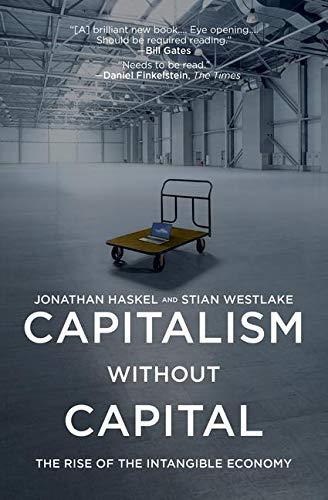Question
Fostering Entrepreneurship in Unlikely Places Vic Ahmed is no stranger to business start-ups; hes been involved in at least 15 or 20. But his latest
Fostering Entrepreneurship in Unlikely Places
Vic Ahmed is no stranger to business start-ups; hes been involved in at least 15 or 20. But his latest venture is a start-up for start-ups. Ahmed founded Innovation Pavilion, a business incubator in Centennial, Colorado (Denvers Tech Center), in 2011. A typical business incubator provides start-up companies with workspace, mentoring, training, and sometimes a path to funding, but Innovation Pavilion goes further.
Innovation Pavilion (IP) is an 80,000 square foot entrepreneurial ecosystem, housing dozens of start-ups and renting out desks, office space, and event space. But it also hosts meetups, educational workshops, and a Toastmasters group designed specifically for entrepreneurs. It contains a makerspace (a workspace providing shared tools and manufacturing equipment for prototyping products) and encourages the growth of niche entrepreneurial communities based on specific industries. For example, IP has a space for IoT (the Internet of Things), one for health care, and another for aerospace. These communities bring together people in an industry to learn from and collaborate with each other.
While IP has a traditional incubator program, with companies housed within the IP campus, it has a semi-virtual hypergrowth accelerator program for more mature firms, too, which is open to companies around the country. It also seeks out educational partnerships, working with the Highlands Ranch STEM program, for instance, and has its own educational spin-off, Xuno Innovative Learning, designed to help companies train their staff and find new employees with the skills they need. IP operates its own streaming TV service, filming educational events and interviews with entrepreneurs.
Innovation Pavilion has national expansion plansand several signed agreements with specific citiestargeting not the giant metropolitan areas but also second tier and ring cities across the country, such as Joliet, Illinois, and Olathe, Kansas, smaller cities that dont get the attention of the larger cities yet have plenty of educated and creative people.
IP is in discussions with 20 cities around the nation, with the goal of building 200,000-square-foot campuses providing incubator services, office space, makerspace, education and training, outreach to young entrepreneurs, conference centers, retail space, and even housing. Entrepreneurs will be able to live and work in a space with everything they need, providing a complete entrepreneurial ecosystem in smaller cities across the nation.
Steve Case, the cofounder of America Online (AOL), shares Vic Ahmeds vision for entrepreneurship in mid-America. His Rise of the Rest bus tour has traveled 8,000 miles over the last three years, investing in local start-ups in 33 cities across the country. Case hosts a pitch competition with the best start-ups in each city, and one lucky winner receives a $100,000 investment from Case.
Media attention has focused on the entrepreneurial engines of Americas coastal cities, but Ahmed and Case have a more expansive entrepreneurial vision, in which smaller cities throughout the nation rise up alongside larger, start-up hot spots.
Critical Thinking Questions
- What characteristics made Vic Ahmed a successful entrepreneurs?
- How did their Ahmed and Steven Case's partnership and shared vision of "Rise of the Rest" serve their business goals?
- Is focusing on smaller cities rather than areas like silicon valley a good strategy, why?
Step by Step Solution
There are 3 Steps involved in it
Step: 1

Get Instant Access to Expert-Tailored Solutions
See step-by-step solutions with expert insights and AI powered tools for academic success
Step: 2

Step: 3

Ace Your Homework with AI
Get the answers you need in no time with our AI-driven, step-by-step assistance
Get Started


